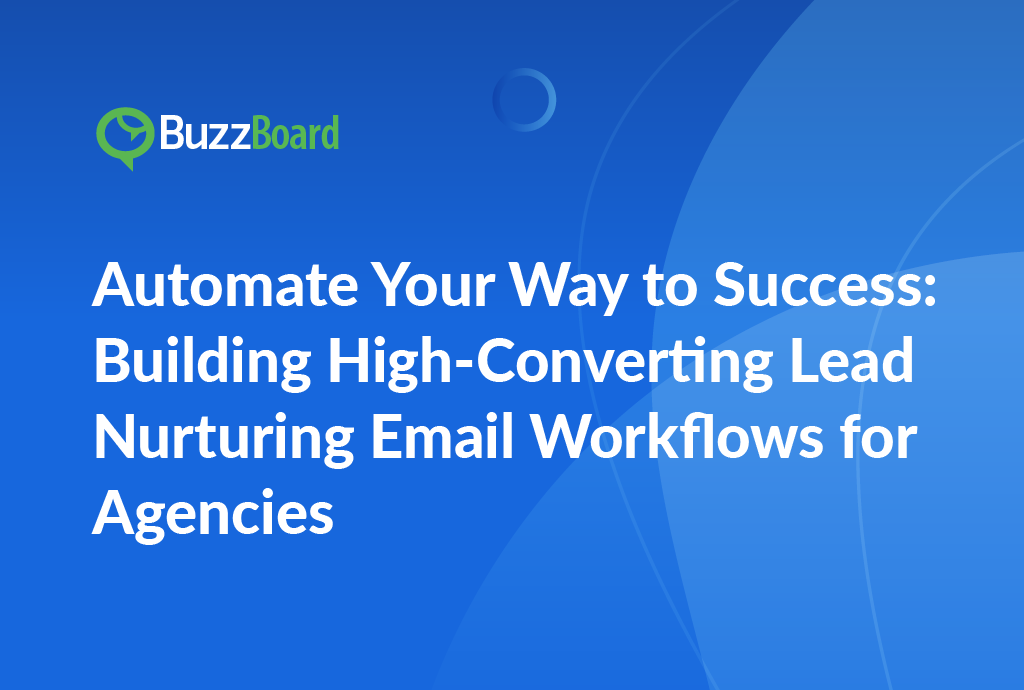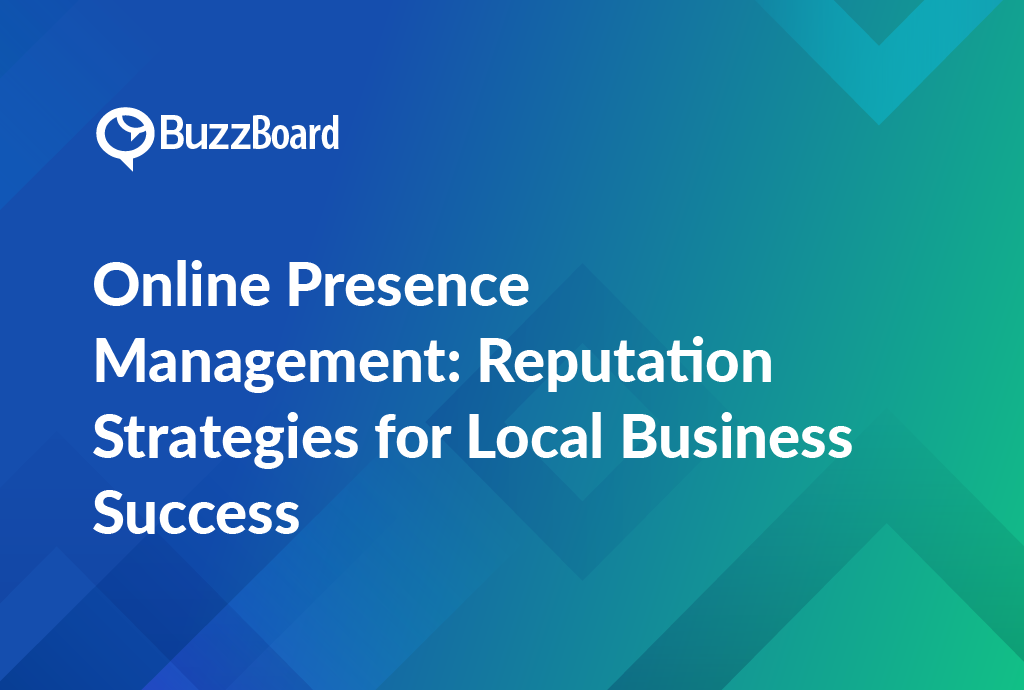The Essence of Lead-Nurturing Email Workflows for Digital Marketing Agencies
In the digital marketing arena, maximizing lead-nurturing email workflows for agencies is crucial for sustainable business growth and customer engagement. These workflows, often powered by comprehensive marketing automation platforms, are key in moving towards data-driven, real-time marketing.
Email workflows tailored to the customer’s journey take email interactions beyond mere advertising. As the backbone of effective email drip campaigns, these workflows can promote customer loyalty through continual, personalized communication.
The charm of these workflows lies in their flexibility, enabling agencies to customize messages, offers, and content to align with individual customer behaviors, preferences, and actions. Appropriately leveraging email personalization can substantially increase open rates, customer retention, and ultimately, revenues.
Nevertheless, succeeding with email marketing workflows involves more than sending the right message at the right time. Built around marketing attribution metrics and email marketing analytics, the effectiveness of these workflows is evident in tracking and measuring each interaction’s impact. Analyzing, optimizing, and repeating successful strategies based on conversions, click-through rates, and bounce rates, is crucial.
For sales experts in digital marketing agencies, understanding these lead-nurturing workflows is integral to succeed in an aggressive landscape. Learning to use these workflows can cultivate valuable customer relationships and stimulate sales.
The Role of Marketing Automation Platforms in Creating Effective Lead-Nurturing Email Workflows
Marketing automation platforms play an instrumental role in developing potent lead-nurturing email workflows for digital marketing agencies. These platforms significantly streamline sales and marketing exercises, automating monotonous tasks and helping save time and resources. Such workflows don’t only aim to multiply leads but to nurture high-quality leads that eventually convert into clients.
A primary feature of marketing automation tools is their ability to create email drip campaigns. These campaigns consist of a series of emails dispatched on a schedule to prospective leads, gently guiding them through every stage of the buying and selling funnel. Salespeople can effectively nurture leads via this feature without the need for constant manual labor.
Another remarkable feature is email personalization for agencies. These aren’t generic, one-size-fits-all emails but targeted, personalized communications tailored based on each lead’s behavior, needs, and preferences. Such personalized emails significantly enhance user engagement, thus increasing the likelihood of lead conversion.
What’s more, the comprehensive email marketing analytics provided by automation tools give agencies valuable insights into lead interaction and engagement. These analytics assist in refining and enhancing your strategy for better outcomes.
Lastly, the marketing attribution feature tracks the origin of leads, crucial knowledge that enables optimization of marketing endeavors based on platforms yielding the highest conversions.
In conclusion, harnessing marketing automation platforms allows agencies to develop effective lead-nurturing workflows, a pathway to successful conversions.
The Impact of Email Drip Campaigns and Email Personalization on the Success of Digital Marketing Agencies
Lead nurturing email workflows are vital for digital marketing agencies. They provide a dynamic approach to engaging potential clients, building relationships, and converting these prospects into loyal customers. A key component of this workflow is an email drip campaign, a strategically planned chain of emails sent systematically to foster leads and boost sales.
When executed correctly, email drip campaigns can be a game-changer for agencies. They offer marketing automation platforms that disseminate information to clients at predetermined intervals based on their behavior or a scheduled timeline. This strategy enables a tailored and timely connection with leads, enhancing the customer’s journey toward the purchase decision.
An improvement to this method is email personalization. Rather than a generic marketing message, email personalization for agencies enables a more targeted, interest-based approach. It considers a recipient’s past interaction with the agency—like clicked links or downloaded content and uses the accumulated data to send relevant content.
The success of these methods can be measured through email marketing analytics. Precise email marketing analytics provide insights into delivery rates, open rates, click-through rates, and conversion rates. These sets of data help agencies understand their email campaign’s performance, making necessary adjustments. Ultimately, marketing attribution allows agencies to determine which campaigns drive the desired customer behavior, enabling the efficient allocation of resources and effort.
How Email Marketing Analytics Improve the Effectiveness of Lead Nurturing Email Workflows
In the cutthroat world of digital marketing agencies, lead-nurturing email workflows are an essential tool to drive customer acquisition. They enable your agency to engage effectively with potential clients and encourage them to take the next step toward a purchase. However, without proper data, your strategy could fail. Here’s where email marketing analytics comes into the picture.
Analytics give you insights into open rates, bounce rates, click-through rates, and conversion rates, allowing you to assess the success of your campaigns. They inform your decisions and enable you to enhance the efficiency and efficacy of your lead-nurturing email workflows.
A popular tool among digital marketing agencies is marketing automation platforms. These platforms automate repetitive tasks, such as sending email drip campaigns, a specific type of lead nurturing email workflow. These sets of prewritten emails, dispersed at particular intervals, progress leads through the sales funnel steadily.
Moreover, email personalization can drastically hike up engagement rates for agencies. An email catering to the unique needs of potential clients can make a world of difference in an inundated inbox.
Lastly, marketing attribution helps you understand which marketing activities and touch points played a significant role in a lead’s decision to convert. This gives you an upper hand in honing your strategy.
Understanding the Significance of Marketing Attribution in the Success of Automated Email Workflows
Marketing attribution plays an undisputed role in the success of automated email workflows. For sales professionals in digital marketing agencies, understanding how particular touchpoints influence the customer’s decision-making process is crucial. Appropriate marketing attribution lets you gauge the effectiveness of your lead-nurturing email workflows.
Marketing automation platforms streamline, automate, and measure marketing tasks and workflows. These platforms allow businesses to tailor their email campaigns, amplifying operational efficiency and revenue growth. A well-structured email personalization strategy can notably boost customer engagement and click-through rates.
Additionally, implementing email drip campaigns with these platforms helps businesses remain top of mind for potential customers. By transmitting personalized, relevant information periodically, your agency can nurture leads and guide them through the sales funnel.
However, discerning what’s effective and what’s not in your email marketing approach is vital to success. Email marketing analytics provide valuable insights into customer behavior, deliverability rates, open rates, click-through rates, and conversion rates.
Conclusively, understanding marketing attribution is key to correctly ascribing success and enhancing your email workflows. As email remains a powerful digital marketing channel, harnessing the potential of marketing attribution can elevate your agency’s return on investment.







